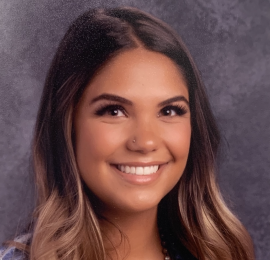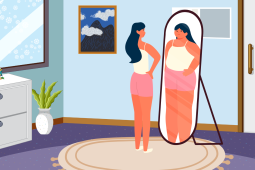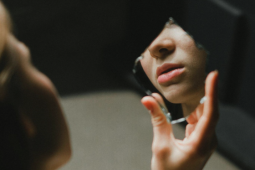Read more from Cassandra Anastácio
[ Feature Article ] New Year’s resolutions often reinforce harmful body image standards and diet culture, but educators have a unique role in promoting body diversity and dismantling weight stigma. By fostering inclusive, weight-neutral classrooms, teachers can encourage students to critically analyze social media messaging, trust their bodies, and adopt holistic wellness practices. Practical strategies include exploring non-physical traits, creating courage cards, and engaging in digital literacy discussions. Supporting students with weight-neutral approaches and SMART goal setting can shift the focus from dieting to celebrating body diversity and fostering positive self-esteem.
[ Feature Article ] As society increasingly turns to various forms of media to inform how they view themselves, their bodies, and the bodies around them, the importance of challenging these narratives within the educational environment becomes increasingly paramount. Physical and Health Education (PHE) classes are a perfect space to lead the way in supporting the wellness and well-being of youth when it comes to shifting the perceptions and perspectives around body image.



